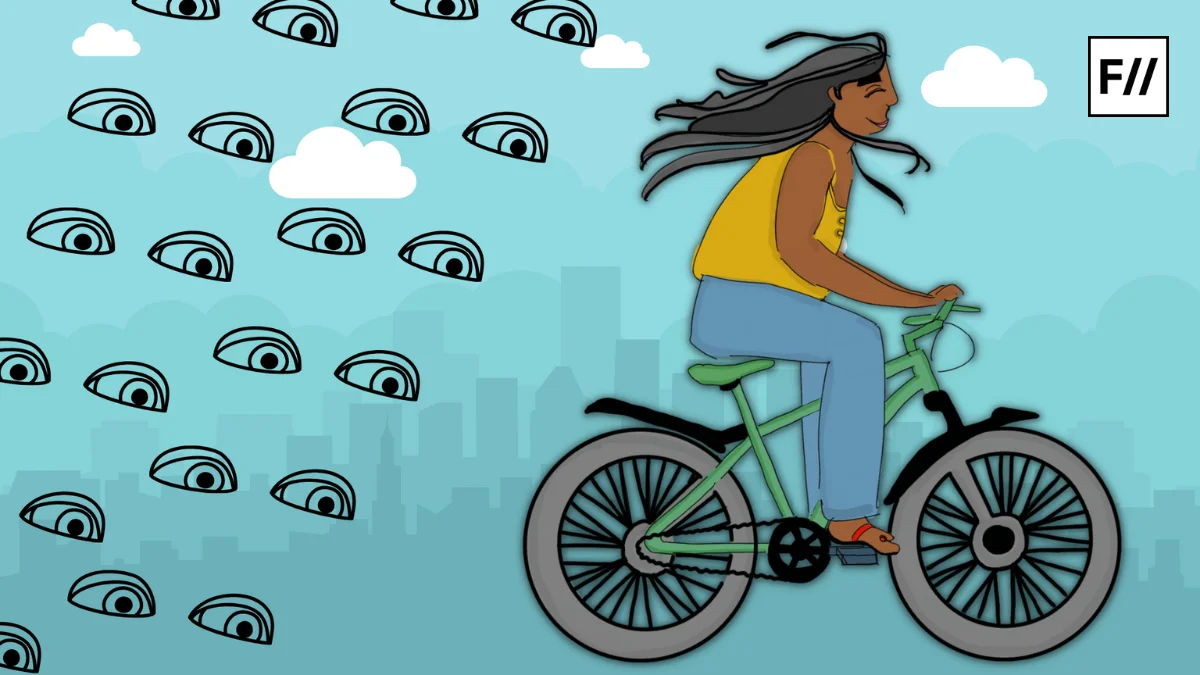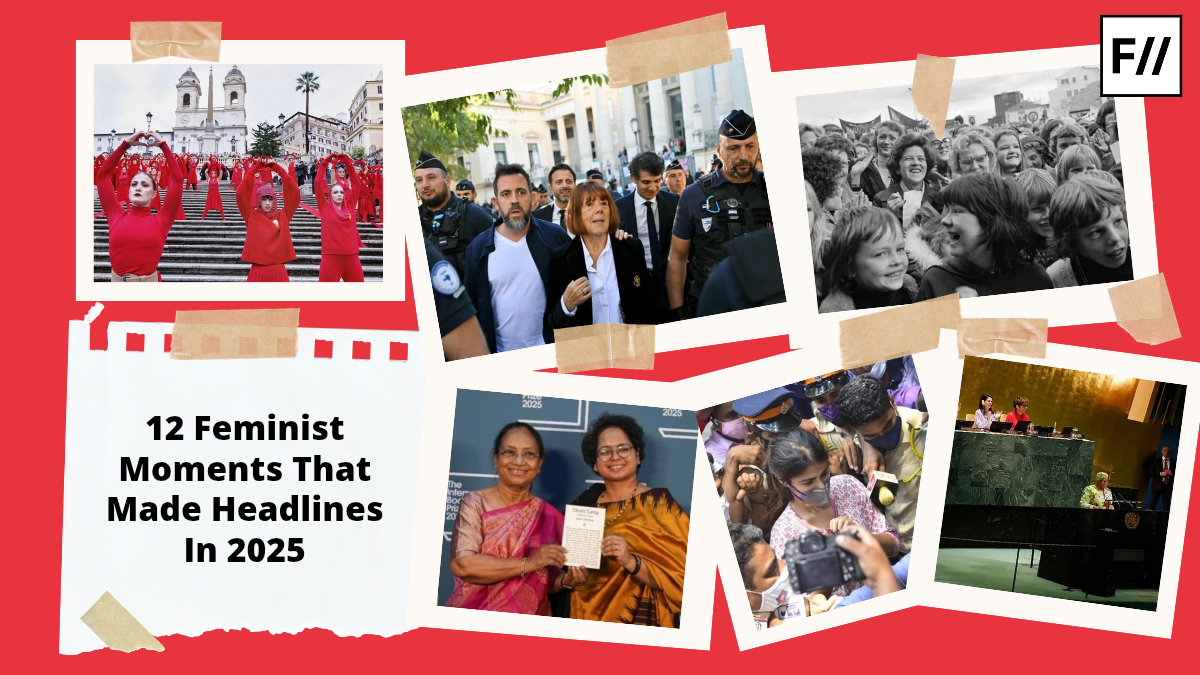The commercial starts with a woman in her office, thinking of, or rather vividly picturing her daughter asking her “Aaj kya banega?” (What will you prepare today?). She goes back home, looking mildly frustrated and asks her two kids and husband, “roz roz kya banaun?” (What am I supposed to cook every day?) Her husband and kids shrug it away, but you know what? Everest comes to her rescue with its forty-one different types of masalas! The wife, then, effortlessly and almost magically cooks a variety of dishes, no gender roles are questioned, and all is well.
https://www.youtube.com/watch?v=ya1l76hXEn8
By now, the Indian commercials’ one dimensional portrayal of women has been normalised. No matter what the product is; washing powder, cornflakes, milk, electronics, a woman is almost always shown to be at home, waiting for her husband to get back from work, getting her kids ready for school/ waiting for them to come home from school and so on. It has to be conceded that things are changing, not fast enough though.
Here, a woman was at work, in a public space and yet fretting about what to cook for her family. However, what really struck me about this particular commercial were the nonchalant shrugs of her kids and husband. It is considered solely the woman’s responsibility to be bothered about it and meanwhile, the rest of the family can just conveniently crowd the couch.
The commercial ends with the wife serving an elaborate meal to her family and all of them look unnaturally happy while the male (obviously) voiceover tells us that, “Taste Mein Best, Mummy aur Everest” – because no matter what a woman pursues and achieves outside her home, her ultimate worth lies in cooking the perfect idlis on one day and rajma chawal the next.
It is time we realise that commercials don’t just sell us products; they sell us ideas, aspirations and lifestyles. Generic, patriarchal, heteronormative, Hindu, well-to-do families sell us everything from instant noodles to life insurance and women in particular are shown to find ultimate joy in serving their kids hot meals, washing their clothes, packing their tiffins, irrespective of their own careers.
It’s time Indian advertising started pushing the envelope; upper caste, heterosexual Hindus aren’t the only community that exists in this country, but maybe it’s too radical to expect any sort of diversity in that regard just yet. However, the last time I checked, masalas didn’t come with a ‘to be used by women only’ label and mothers don’t always have to be, or even care about being, “taste mein best” because there are a lot of other things we’d rather be better at.
Disclaimer: This post is part of ‘Conditioning is for Hair, Not Minds’ – a series in collaboration with The Spoilt Modern Indian Woman. The ad review suggestion was made by one of the readers on the SMIW page – Richa Agarwal. It has also been published on Unboxed Writers here.
Featured Image Credit: Bicyclewithoutafish.net
About the author(s)
Women’s Studies student, foodie, and feminist, with an unhealthy addiction to rajma-chawal. She blogs at: https://bicyclewithoutafish.wordpress.com/



